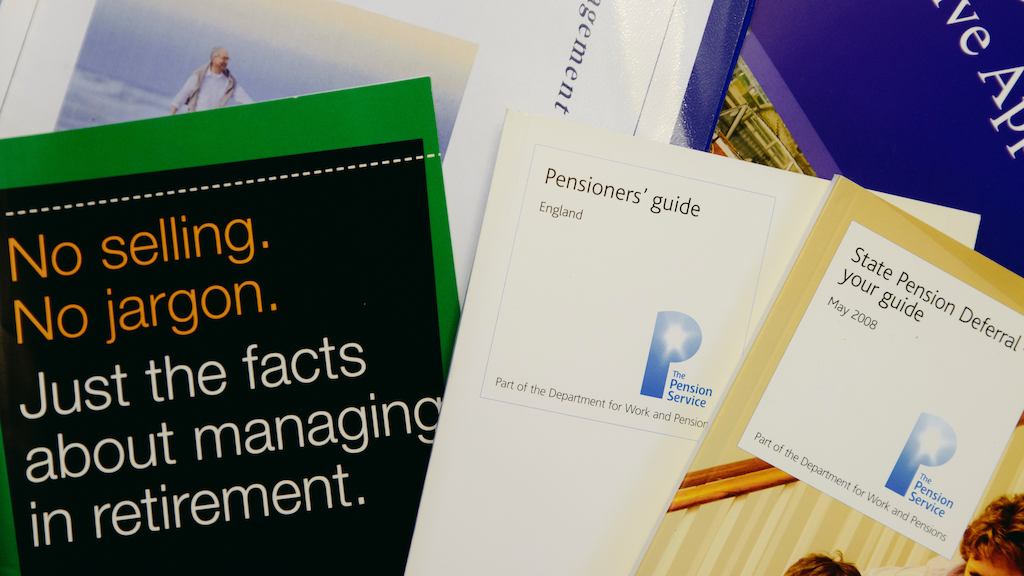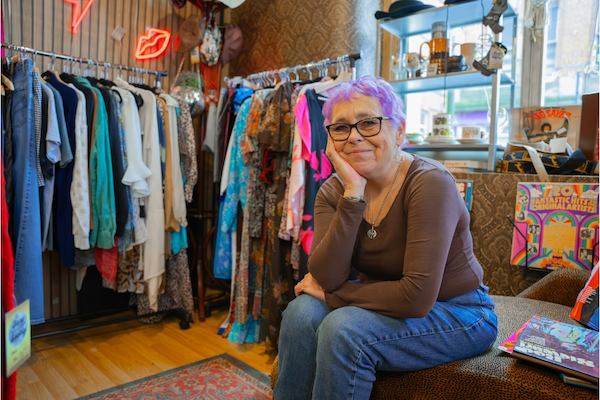“How much of your salary do you want to contribute to your pension?”, the HR manager asked me.
There I sat on my first day of work, being asked a question I had absolutely no idea how to answer.
“I dunno…”, I mumbled, before asking, “What do other people contribute?”
“Most other people put in about five per cent,” she said.
So, at age 22, without any further advice or guidance, I began to contribute five per cent to my workplace pension. I had no idea if that was enough, but I had nothing else off of which to base my decision in that moment.
This experience helped shape much of my future behaviour. Put aside for a moment whether or not I was contributing the right amount**, I was lucky in that I began my working life with a workplace pension that both I and my employer contributed to. This set the tone for my approach towards saving for retirement going forward.
But we know this isn’t the norm for many other people. The Department for Work and Pensions has estimated that nearly 12 million people below state pension age are not saving enough to maintain their living standards into retirement.
I recently thought of a former colleague. She is 36 years old and had never, until this year, contributed to a workplace pension. I have often wondered: what stopped her from starting to save for her retirement until she was well into her mid-thirties?
When I talked to her about it recently, she made a couple of points that stood out to me:


